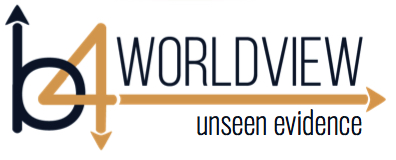
Key Thought for this session:
“Without a compass, the journey is futile.”
So, as we think about “fair” reward systems, let’s look deeper into this issue of social (or equitable) exchange. Social exchange feels normal and looks reasonable on the surface, but can mislead us to what is true. Remember the six dimensions of soul satisfaction we studied earlier? What must happen for you to be satisfied and what happens when your soul is satisfied? Remember, we had two columns that you could select from, and choose which you believed worked best for you. Here’s the chart to jog your memory.
Remember we discussed how Joy could be satisfied for a Column A person by getting their needs for happiness met from their circumstances, and a Column B person gets their joy from the internal peace and excitement that is not dependent on circumstances... And so on for all the other soul satisfaction needs; you get them satisfied through a Column A core assumption or through a Column B core assumption.
Do you recall what we said earlier was the main difference in these two columns? If you look closely, to be satisfied by Column A, you focus on your circumstances and seek to get your needs met by what you do in exchange with others. In Column B, the need is satisfied independent of your circumstances... not linked to what you might earn. Although Column A, which is based on social exchange, feels right, let’s see how it might create conflict in us as we seek to satisfy our soul needs.
The first of the six factors is joy. Your level of joy is affected by positive or negative feelings, such as “that feels good” or “that feels bad.” The other five factors generally relate to other types of emotion we experience, such as contentment or frustration, safety or fear, being elated or sad, accepted or rejected, included or alone.